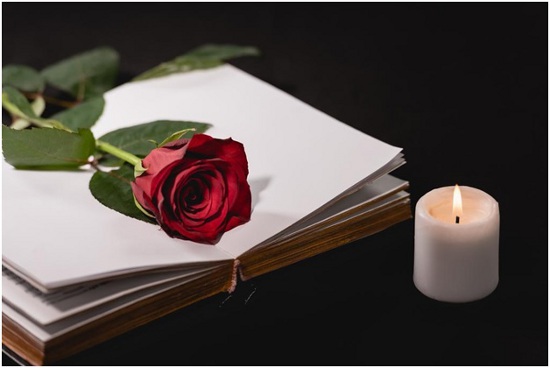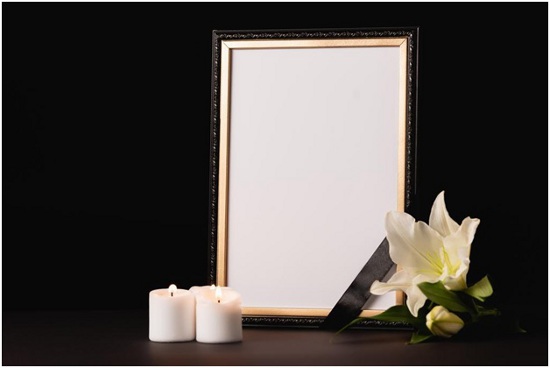Buddhist funerals are typically very simple ceremonies. The body is usually cremated, and the ashes are either scattered or buried. The family and friends of the deceased often meditate and say prayers together.


The different types of Buddhist funerals
When a Buddhist dies, family and friends gather to support the deceased’s journey and to help the bereaved. Make sure to check out https://www.thelifecelebrant.sg/buddhist-funeral-services.html. The funeral may take place at home, temple, or crematorium, and is usually led by a monk. There are three main types of Buddhist funerals—cremation, burial, and sky burial—though traditions vary by country.
Cremation is the most common type of Buddhist funeral in the United States. The body is cremated after a service that includes chanting and readings from religious texts. The ashes are then typically given to the family to keep or scatter.
Burial is less common than cremation but is still practiced in some Buddhist traditions. The body is typically wrapped in cloth and placed in a coffin or on a funeral pyre. Monks may lead prayers and readings during the burial process.
Sky burials are practiced in Tibet and Mongolia, where bodies are cut into pieces and left on mountaintops for vultures to consume. This type of funeral is seen as an act of compassion, as it provides food for animals while also releasing the deceased’s soul from the cycle of reincarnation.
How to plan a Buddhist funeral
When a Buddhist dies, it is traditional for the family to wash the body and dress it in new, clean clothes. The body is then placed on a funeral pyre, and cremation takes place.
The ashes are typically collected and placed in an urn, which is then buried or scattered in a place that is significant to the deceased or their family. A memorial service is usually held soon after the cremation and may be followed by a period of mourning.
What to wear to a Buddhist funeral
When attending a Buddhist funeral, it is important to dress conservatively and respectfully. Black or white clothing is typically worn, as these colors are associated with mourning in many cultures. It is also important to avoid bright colors or patterns, as they can be seen as disrespectful. If you are unsure about what to wear, it is always best to ask the family of the deceased for guidance.
The different rituals involved in a Buddhist funeral
When a Buddhist dies, their body is prepared for cremation in a sacred ritual. The family washes the body and wraps it in a shroud. Monks are then called to lead the funeral service, which includes chanting, prayers, and readings from Buddhist scriptures.
The body is usually cremated within 24 hours of death, and the ashes are either scattered or buried. A memorial service is held seven days after the death, and then again on the 49th day. On these occasions, monks lead the family in more chanting and prayer.
Buddhist funerals are simple affairs that focus on helping the deceased’s soul move on to the next life. The rituals involved help to create a space for grieving and reflection, while also providing comfort and support to those who are grieving.
How to say goodbye at a Buddhist funeral
When a Buddhist dies, their family and friends will gather to mourn their loss and say goodbye. There is no set way to do this, but there are some things that are often done.
First, the body will be washed and dressed in clean white clothes. Then, it will be placed on a bier or in a coffin. The bier or coffin will be decorated with flowers and candles, and sometimes pictures of the deceased.


The family and friends will then gather around the body to pay their respects. They may say prayers, offer words of comfort to each other, or simply sit quietly together.
Once everyone has had a chance to say goodbye, the body will be taken to the crematorium or burial ground. The funeral rites will end with a final prayer for the deceased’s journey through rebirth.
















